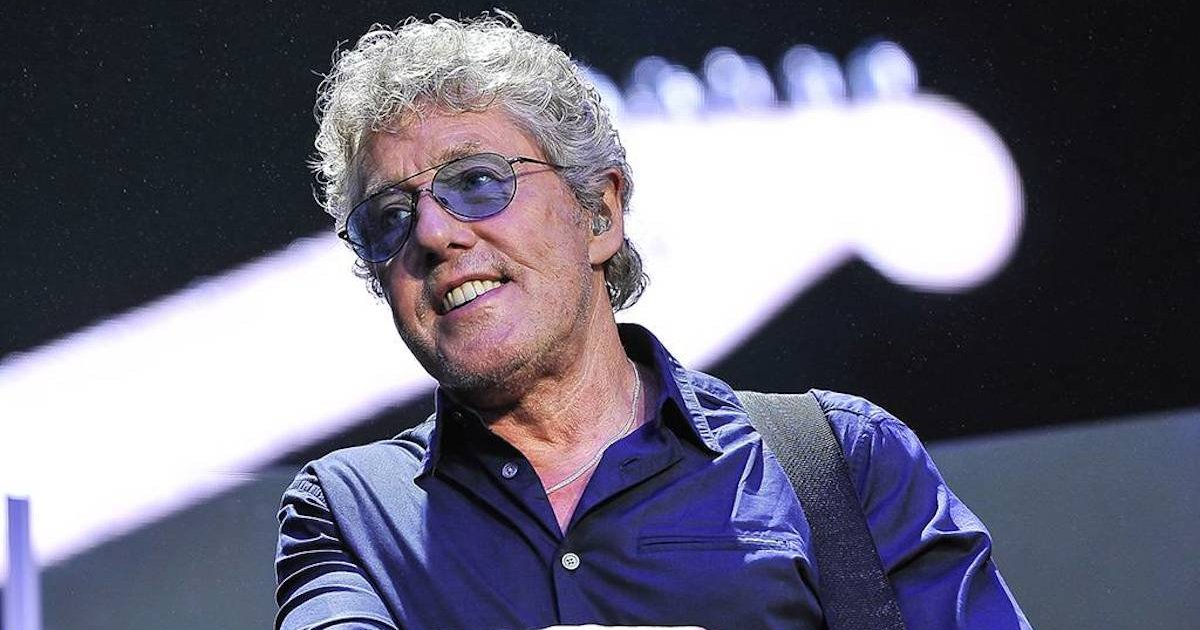“This group is suffering in silence,” says Roger Daltrey, lead singer of iconic rock band The Who, talking about disrupted care for teenagers battling cancer amid COVID-19.
Daltrey, 76, founded Teen Cancer America alongside fellow bandmate Pete Townsend in 2012. The foundation raises money for hospital wings as well as financial and psychological services for families whose teenage children are battling cancer. While speaking to The Associated Press, Daltrey admitted that he’s scared COVID-19 will disrupt young patients from getting the help they desperately need both medically and psychologically.
Read More“You can have a billion streams and you'll get paid $5,000, it's cruel,” Daltrey says. “It's crucifying. I don't know whether it would work for us, though.”
Childhood cancer survivor Justice Wexler-Kariher shares his journey
Prioritizing Mental Health After A Cancer Diagnosis
Following a cancer diagnosis, it’s not uncommon for people to go through a wave of emotions including anger, sadness, confusion, and more. In order to help patients and their families cope, SurvivorNet has spoken to numerous experts who have provided some insightful advice on the matter.
“One gets angry because one hasn’t quite achieved and fulfilled the tasks that they’ve set out for their lives and the responsibilities that they’ve committed to fulfill,” says Dr. William Breitbart, Chief of the Psychiatry Service at Memorial Sloan Kettering Cancer Center. “The last resort of relieving existential guilt is this act of being able to forgive yourself for just being a human being that is vulnerable and susceptible to not being able to fulfill their full potential. So, it’s forgiveness ultimately.”
Sarah Kelly explains the “fight, flight, or freeze” response following a cancer diagnosis.
Related: Sadness Is Not Always A Bad Thing Coping After Losing A Parent To Cancer
A person’s mental health can be severely impacted while battling cancer, and that’s why it’s important patients think through their emotions. The shock of hearing you have cancer for the first time sets off a fight or flight or freeze response in a lot of people freeze being an especially common reaction. Doctors tend to throw a lot of information at people when they tell them they have cancer, it can be really hard to sift through that information and pick out what's important. Sarah Kelly, an Oncology Social Worker at Cancer Care, tells SurvivorNet that professionals are there to help patients’ process the diagnosis.
"Your mind can go completely blank," Kelly said. "If we think of fight or flight or freeze, freeze is a big one that happens where people feel like 'Oh my God, I have no idea what to do.' We can help people figure that out.”
Learn more about SurvivorNet's rigorous medical review process.


